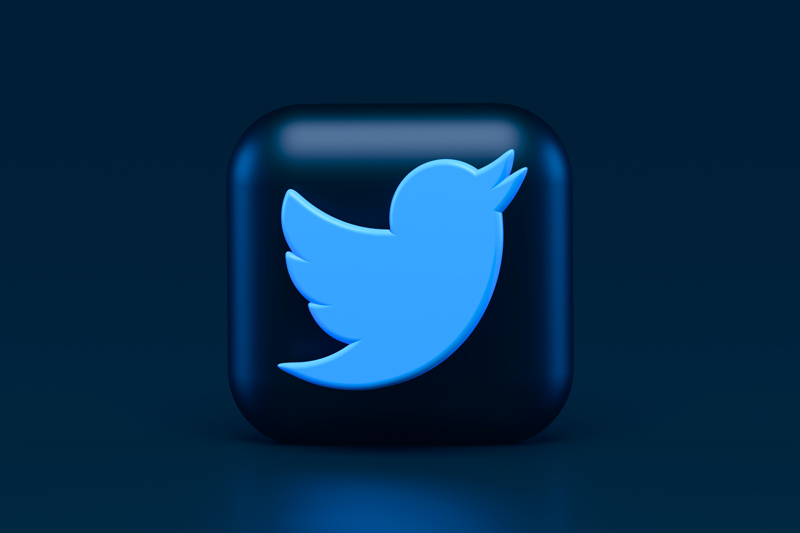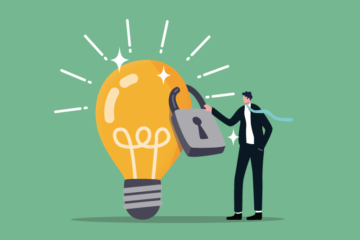
Outside of automotive innovation, Tesla and SpaceX patents are clustered around battery technologies, semi-conductor structure and application, and computational systems. Solar technology seems to focus on roofs and solar cells.
Musk made a top-dollar bid to buy the social media company Twitter in April 2022. The legendary inventor and businessman later attempted to withdraw from the deal, claiming that Twitter misrepresented its user numbers. He has since purchased the company at the original price of $54.20 a share in October 2022.
While his innovative record at Twitter is just being established, Musk’s proposals to improve the company and boost revenue have been met with mixed reviews. But even critics have conceded that some of his ideas, including adding an ‘edit button,’ developing user-centric approaches to content moderation, and banking features, could prove popular if implemented properly.
Elon the De-Innovator?
Problems at Twitter
Musk’s acquisition of Twitter was fraught with public drama that threatens to impact his stated goal of transforming it into a fun and more universally used platform. But advertisers are leaving the platform in droves, as are Twitter’s verified “blue check” users that comprise the backbone of Twitter’s content.
Musk has made public statements to quell concerns. He insists that Twitter would not “become a free for all hellscape,” despite his position as a “free speech absolutist.” He is also on record stating that there would be a “thermonuclear name & shame” campaign against big companies that pull ad dollars.
Twitter and its features live and die by users’ (including advertisers) perception of them. If the “move fast and break things” mantra now applies to Twitter, it would behoove Musk to be more cautious with his words. Diminishing Twitter’s brand reputation prior to making radical changes is a recipe for reducing user numbers, regardless of their experience on the platform.
Issues at Tesla
Musk’s problems are not limited to Twitter. Though his companies’ innovations have generally been well received by consumers and the general public, some have not met expectations. Of the approximately $9 billion dollar solar market, Tesla only accounts for a measly two percent of total industry revenue. Tesla’s solar products have also seen their share of PR-related challenges, including claims that panels are a fire hazard. With sales lagging and customer frustrations mounting, Tesla faces an uphill climb to regain its relevancy in solar markets.
Musk’s Overall Impact
Throughout this cycle of struggle and triumph, Musk was (and is) active publicly. He’s courted controversy by taking on labor unions, the Biden administration, and critics of all political persuasions. While his viewpoints are questionable to some, his methods are offensive to many.
In the last year, public ire toward Musk has grown. Controversies include a spat with the White House that resulted in Musk being denied a literal seat at the table when pro-EV legislation was being drafted—with little to no discernable upside for Musk.
Sustained innovation over the long term means bringing people along with you. These lessons hold true for the entrepreneur in their garage and in the boardroom. Musk’s story is one of mixed success and the ongoing struggle that can be part and parcel with innovation; the evidence is mounting that he’s stymying his own progress—and ours.
- SEO Powered Content & PR Distribution. Get Amplified Today.
- Platoblockchain. Web3 Metaverse Intelligence. Knowledge Amplified. Access Here.
- Source: https://ip.com/blog/elon-musk-is-a-legendary-innovator-and-his-own-worst-enemy/
- $9 Billion
- 2022
- a
- Accounts
- acquisition
- active
- Ad
- administration
- advertisers
- against
- All
- and
- Application
- approaches
- approximately
- April
- around
- attempted
- automotive
- Backbone
- battery
- being
- bid
- biden
- Biden Administration
- Big
- Billion
- Bloomberg
- boost
- brand
- Break
- Bringing
- businessman
- button
- buy
- Campaign
- cautious
- Cells
- challenges
- Changes
- claims
- climb
- CNBC
- Companies
- company
- Concerns
- Consumers
- content
- controversy
- could
- Critics
- deal
- Despite
- Die
- diminishing
- Dollar
- dollars
- Drama
- Elon
- Elon Musk
- Entrepreneur
- established
- Ether (ETH)
- Even
- evidence
- expectations
- experience
- faces
- FAST
- Features
- Fire
- Focus
- Free
- from
- fun
- garage
- General
- general public
- generally
- goal
- grown
- hold
- House
- HTML
- HTTPS
- ideas
- Impact
- implemented
- improve
- in
- include
- Including
- industry
- Innovation
- innovations
- innovative
- IT
- labor
- lagging
- Last
- Last Year
- legendary
- Lessons
- Limited
- little
- live
- Long
- made
- Making
- Mantra
- many
- Market
- Markets
- means
- Media
- methods
- mixed
- more
- Musk
- name
- numbers
- october
- offensive
- ONE
- ongoing
- original
- overall
- own
- part
- Patents
- People
- percent
- perception
- platform
- plato
- Plato Data Intelligence
- PlatoData
- political
- Popular
- position
- price
- Prior
- problems
- Products
- properly
- Proposals
- Prove
- public
- publicly
- purchased
- radical
- received
- recipe
- record
- reducing
- Regardless
- reputation
- Reuters
- revenue
- Reviews
- sales
- seems
- Share
- since
- Social
- social media
- solar
- Solar cells
- some
- SpaceX
- speech
- stated
- statements
- Story
- structure
- Struggle
- success
- Systems
- table
- taking
- Technologies
- Technology
- Tesla
- The
- their
- threatens
- to
- Total
- toward
- transforming
- true
- Unions
- Upside
- User
- user-centric
- users
- verified
- while
- white
- White House
- withdraw
- words
- Worst
- would
- year
- zephyrnet












